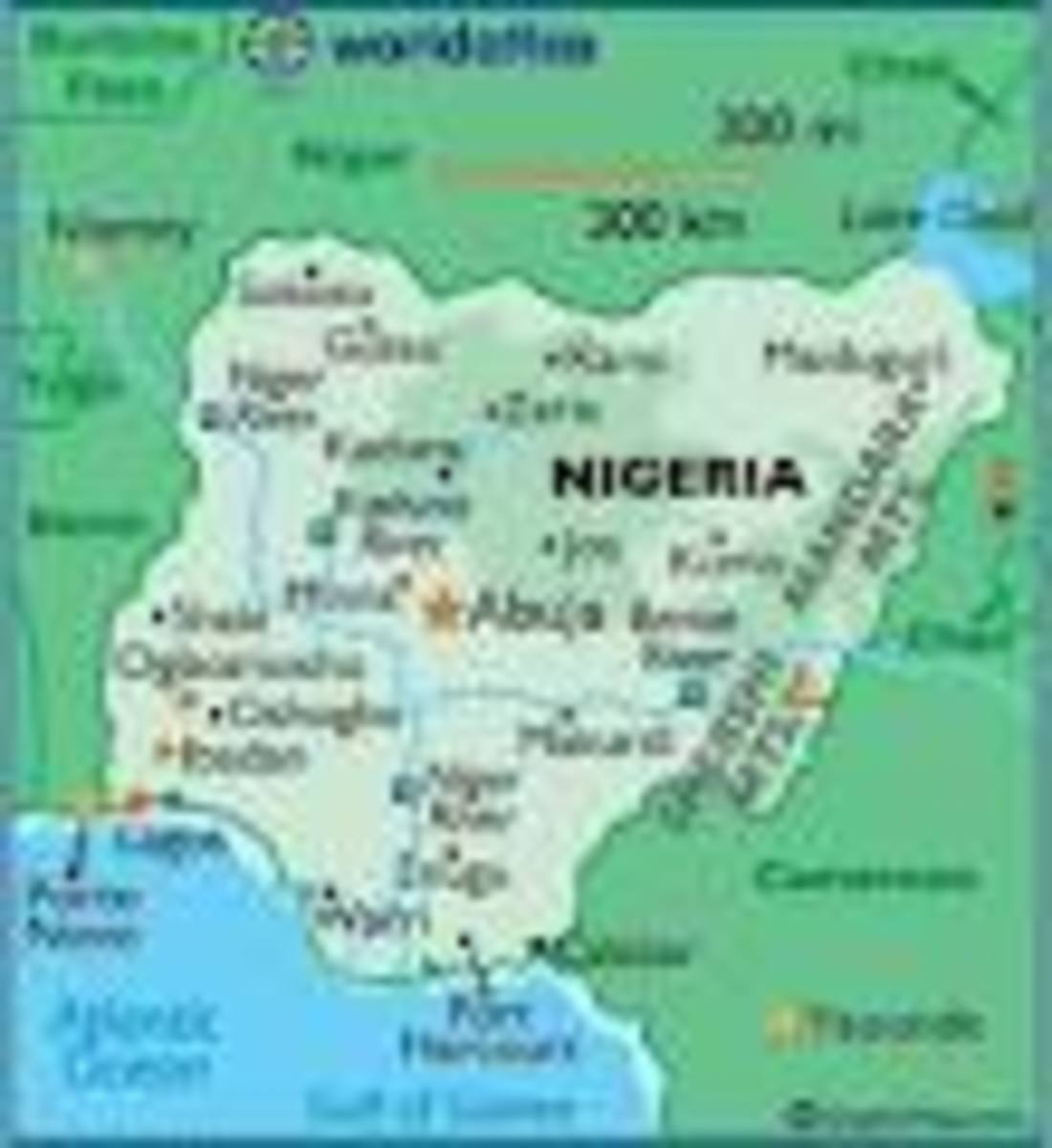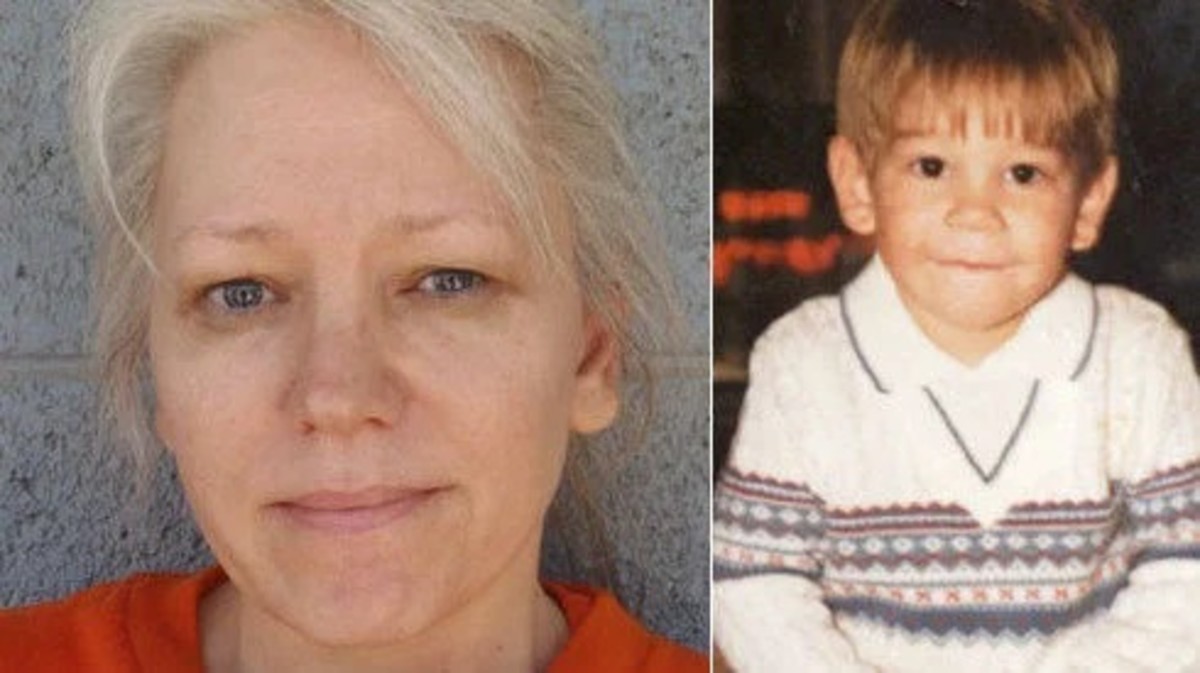BIAFRA’S POLITICAL SPACE AND RESOURCE CONTROL
If Americans thought of sweatshops as immoral, exploitative, illegal and against international labor regulations and responsible business practice then they must think of the oil exploration in the Niger Delta and all of Biafra land as blood-fields. In China and other Southeast Asian countries you can talk about child-labor and other forms of long hours of labor and little pay as the unconscionable exploitation of the dignity of the human person. In as much as that is totally condemnable but how would anyone think of the oil exploration within the Biafran/Niger Delta territory? It is death sentence on the local population.
There, in the Biafran Homeland, it is blood-shop (blood-fields). The people there are not forced and exerted beyond the usual human enduring capacity, rather they are killed and their spilled blood mixed with the extracted oil and gas both for export and for local use. The reason for the killing is to achieve a permanent and lasting solution and clear the way for the oil and gas exploration without any molestation. Nigeria and the oil companies reason that by using this method of final solution that opposition and resistance will be silenced for good so they can enjoy a peaceful and prosperous time raping the land and water.
In the sweatshop lands the local labor is exploited to produce cheap goods to the enrichment of the factories owners while in the Niger Delta/Biafra oil fields, what should have been the local labor is wiped out by murders through bombing, strafing, shelling, small arms fire, hanging, imprisonment, environmental pollution, diseases, starvation and every other form of deprivation. This method ensures that there will not be any opposition or agitation for justice or the people’s emancipation. The Nigerian government and the oil companies such as Royal Dutch Shell Company, Chevron, ExxonMobil, Afren, etc, act like the indigenous peoples here were mere ants so they wipe and squash them into the dust to make room for the important business of oil and gas exploitation.
In July 2008 the British Prime Minister Gordon Brown pledged to provide all the arms, military helicopters, boats with gunships and men to Nigerian government and fight alongside Nigeria’s military to destroy what he called “lawless” elements (the current term is “criminal gangs”) in the Niger Delta and Biafra Land. He had to scale down on the level of support and involvement when there was a public outcry by some humanitarian organizations at this colossal display of moral depravity by a world leader in his position.
In the same vein, in June 2009, the Royal Dutch Petroleum Company agreed to settle out of court in New York by paying the sum of $15.5 million to the Ogoni Environmental Activists. Shell made the payment to stop further prosecution of the company for their complicity in the murder of the Ogoni Nine in 1995 by the Nigerian government. By a long stretch, Shell in this singular act has finally accepted responsibility for wrongdoing in a case involving cruel murder over oil and gas in the Niger Delta.
So what is next? Should it then be expected that they and the rest oil companies operating within the area and the illegitimate “government of Nigeria” will henceforth accept to do the right thing in Biafra Land? Will Nigeria withdraw its forces from this area and end the illegal occupation of the past 44 years? Will the various oil companies and world governments who are interested in oil and gas begin now to deal directly with the rightful owners of the land and water and stop their illegal deals with Nigeria?
Nigerian government in collusion with the oil companies at various times had put together some fraudulent military decrees through which they forcefully took away the right of the indigenous peoples to their lands and natural resources. Some of such frauds are the Petroleum Decree No. 5 of 1969, the Land Use Decree, 1978, and National Inland Waterways Decree, 1997. By these illegal decrees Nigerian state vested on itself the ownership of that which is naturally the people’s and thereby stole the people’s lands and waters and the wealth in them. Ever since Nigeria has continued to violently deny the people access to their natural lands and resources.
Now they claim that the land and water and everything in them belong to Nigeria’s government while the indigenous peoples who have existed in these places for thousands and thousands of years become the “illegal” tenants that must be ejected by every forceful means. And some of such means being, bombs, strafing, rocket fires, military invasions and sacking of towns and villages, pollution of land, water and air, starvation, diseases and hangings through kangaroo courts.
Maybe these frauds called legal decrees would have been given a serious thought if there were a universal application of their injunctions in other areas currently known as Nigeria. But that of course is not the case. They only apply in the Niger Delta/Biafra territory. In the other places the indigenous peoples still own their lands and waters and everything that is in them.
Let us give a few examples to make clearer what we mean by this. In other parts, there are cocoa, groundnut and palm tree farmers in Nigeria. The question is have the farmers of these crops in these other places ever given it a thought that because their produce comes from the land so Nigeria’s government and other foreign companies should own them by virtue of the afore mentioned criminal decrees? Have they ever considered that their annual produce should be allocated to army generals and top ranking politicians and that they the farmers should be killed after? If they thought otherwise, why not, what is the difference between the oil and gas of the Niger Delta/Igbo land and these other farm produce and farmers?
For many millennia all the peoples within the Biafran nation of Annang, Efik, Esan, Ibibio, Igbo, Ijaw, Ogoja, Ogoni, Itsekiri, Isoko, Urhobo, have been used to private ownership of properties and have always valued their individualistic and private outlook on life. The various peoples have always considered individual and private ownership of properties as sacred. It is their way of life. Biafrans are very fierce capitalists and it is on that basis that the Biafran society or nation exists. Natural law requires that proceeds from the land belong to the indigenous and original people who in actual fact are the landowners.
If oil, gas, gold or any such thing were in a person’s land or water, then it is his personal and private property and it is for him to do with as he pleases. Fare taxes and levies are only required of all capital producing members of the society for the provision, running and maintenance of all public and collective infrastructures and the society’s institutions of law and order.
In Biafra’s political space, when the mineral or natural resource is found in a land or water that belongs to a local community then it is the property and the exclusive preserve of the particular community. Such property and source of wealth cannot be usurped and snatched away from them by someone somewhere, some hundreds or thousands of kilometers away through the concoction of some fictitious and fraudulent decrees that he chooses to call laws. In every society laws can only be considered legal and binding when it devolves from the initiation and consent of the people who must conduct their affairs in accordance with the injunctions thereof.






